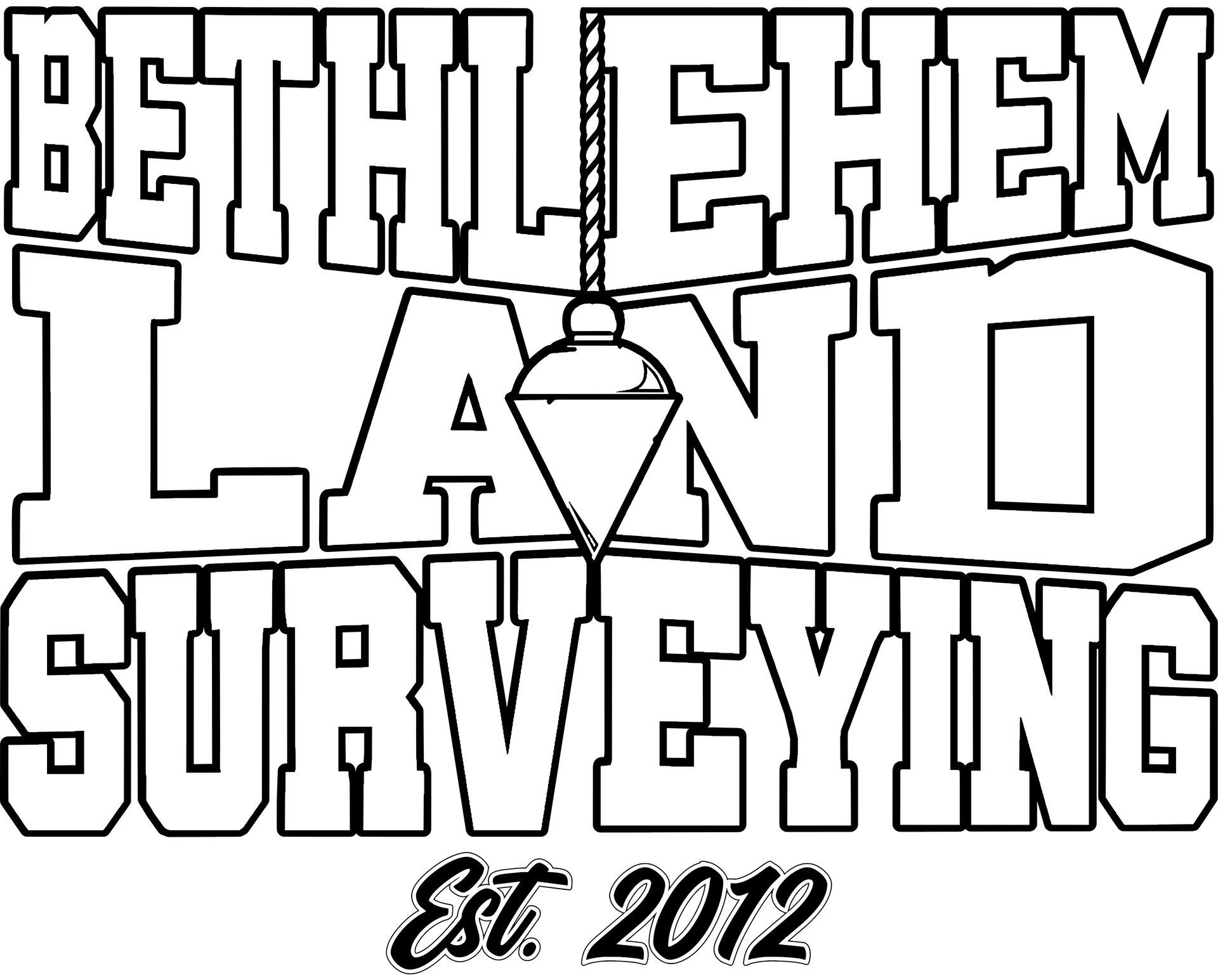Frequently Asked Land Survey Questions
FAQ
Have questions related to Land Surveying? We have the answers. Check out these FAQs and give us a call today for more information!
-
Why do I need a licensed land surveyor?
New York State law only allows licensed land surveyors to prepare boundary surveys. They have met rigorous education and training requirements, as set by law, to protect the interests of consumers.
In cases of property disputes, your surveyor can assist in resolving questions or misunderstandings regarding property locations. The licensed land surveyor can serve as an expert witness in court if legal action is pursued.
-
I'm selling property, do I need a survey?
You may have to provide the buyer with an up-to-date survey of your property in order to:
- Give your buyer confidence in the purchase
- Verify the size and extent of your property for the buyer
- Avoid later legal disputes arising from an inadequate or inaccurate property description
-
I'm buying property, do I need a survey?
Typically your house and land represent your largest assets. You need to know what you're purchasing. Obtaining a survey may be the most important action you do before you close the deal on any purchase. Only a survey map made by a licensed land surveyor can depict what you are purchasing. Your surveyor will perform research, survey the property and prepare a survey map that will reveal:
- If there are rights of others to use your property through easements for utilities or rights-of-way.
- The location of improvements such as buildings, fences, driveways, walkways, and swimming pools.
- Potential encroachments that may cause disputes, such as a fence or driveway of a neighboring property.
- Whether or not the legal description correctly describes the property.
It is essential that you know the boundaries of your land before you buy it. A survey explains your purchase by revealing encroachments or other irregularities that might lead to future legal disputes. You may elect to have your surveyor mark the corners of your site with survey monuments or prepare a FEMA Elevation Certificate.
-
Do I need a survey to install a fence, new driveway, or carport?
Each municipality differs in what they require prior to any construction or installation taking place. Be sure to check with your municipality's Building or Planning Department to see what is required for permits before beginning any project.
Even if they do not require a survey, you should protect your investment by ensuring you are building on your own property. A mislocated fence, driveway or carport can cause legal problems and extra construction costs.
Before you build, contract a licensed land surveyor to have a survey performed to determine your property boundaries. The surveyor can work with you, the contractor and the municipality to ensure that your improvements are constructed in the correct location, eliminating conflicts from improperly placed improvements.
-
Why do I need a survey to subdivide my land?
A licensed land surveyor will:
- Check record title, planning restrictions, easements, and other land planning issues
- Survey the site
- Engage with other consultants to carry out preliminary studies, engineering, planning, and environmental issues
- Prepare a subdivision map
- Mark the proposed improvements on the ground for construction
-
Does the Surveyor have the right to enter onto my property?
New York State Law provides surveyors with the ability to enter properties for surveying purposes, assuring the surveyor legal protection not otherwise available, while offering the landowner safety and privacy.
Following is the amended general obligations law § 9-105.
§ 9-105 Right of entry for professional land surveyor performing surveying services.
1. When performing surveying services as a professional land surveyor licensed under article one hundred forty-five of the education law, the land surveyor and authorized agents or employees of any such land surveyor may enter upon or cross any lands necessary to perform surveying services provided that the surveyor and authorized agents or employees of such land surveyor:
a. makes reasonable efforts to notify the landowner or, in the case of a lease, the lessee thereof of his or her intention to enter upon the owner's or lessee's land to make a land survey;
b. operates upon such lands during reasonable hours;
c. operates within a reasonable distance from the property line of the land being surveyed; and
d. carries proper identification as to their registration or employment and displays such identification to anyone requesting identification.
2. Nothing in this section shall be construed to:
a. remove civil liability for damage to land, chattels, crops or personal property; or
b. authorized any professional land surveyor, authorized agent or employee to enter any building or structure used as a residence or for storage.
-
What is an Elevation Certificate?
The Elevation Certificate is an important administrative tool of the National Flood Insurance Program (NFIP). It is to be used to
provide elevation information necessary to ensure compliance with community floodplain management ordinances, to determine
the proper insurance premium rate, and to support a request for a Letter of Map Amendment (LOMA) or Letter of Map Revision
based on fill (LOMR-F). You can find out more on the Federal Emergency Management Agency website here: https://www.fema.gov/glossary/elevation-certificate
-
When would I need an Elevation Certificate?
If your home or business is in a high-risk area, your insurance agent will likely need an Elevation Certificate to determine your flood insurance premium. Knowing your building's elevation compared to the estimated height floodwaters will reach in a major flood helps determine your flood risk and cost of your flood risk insurance.
SERVING
and Surrounding Areas

Share On: